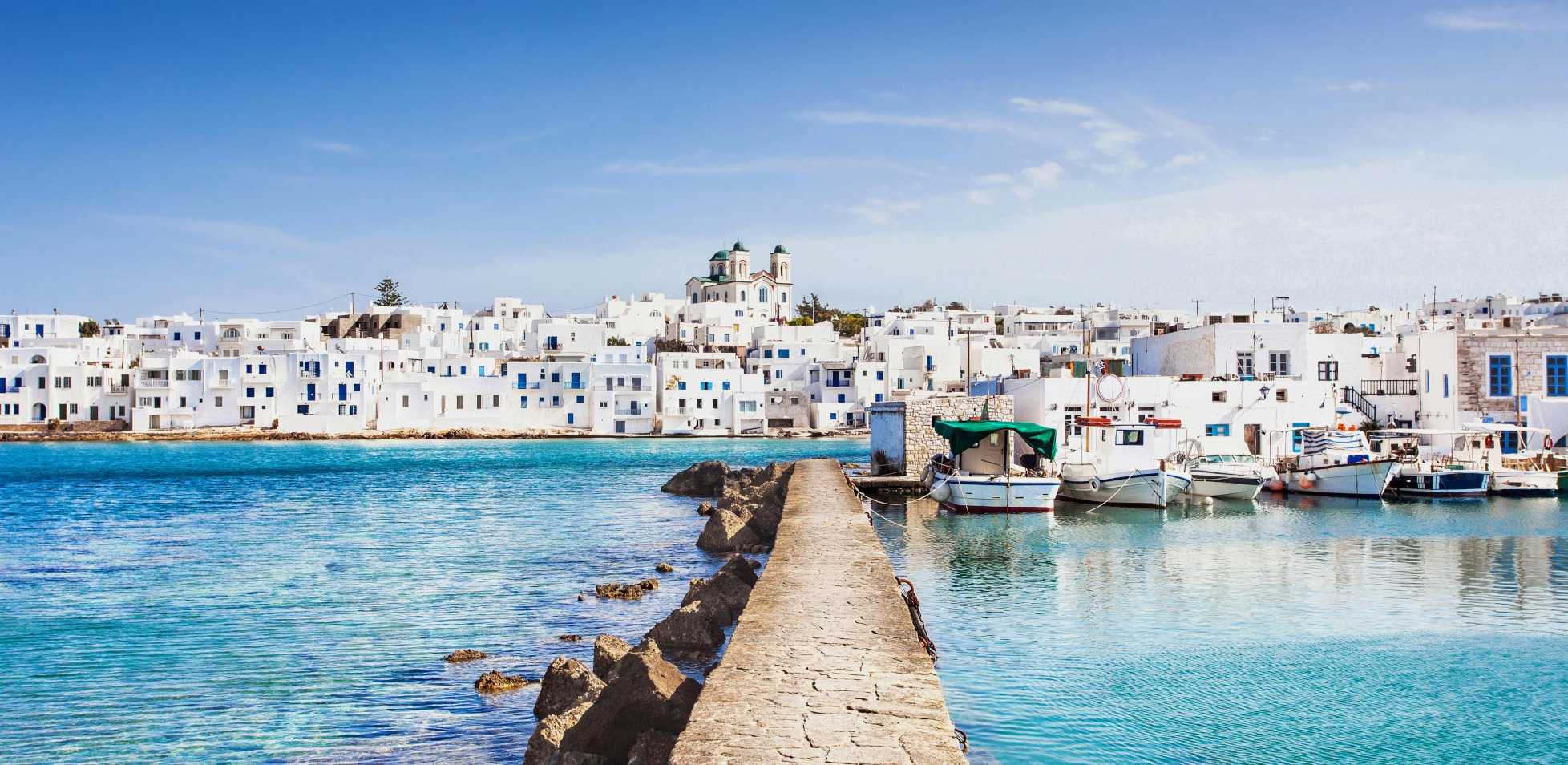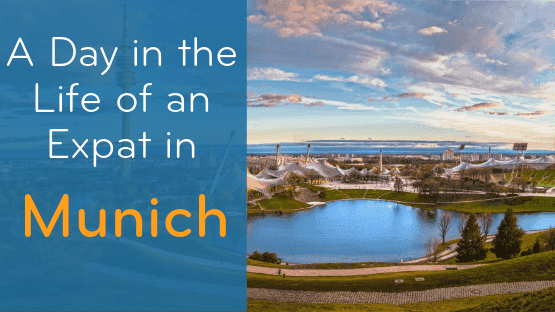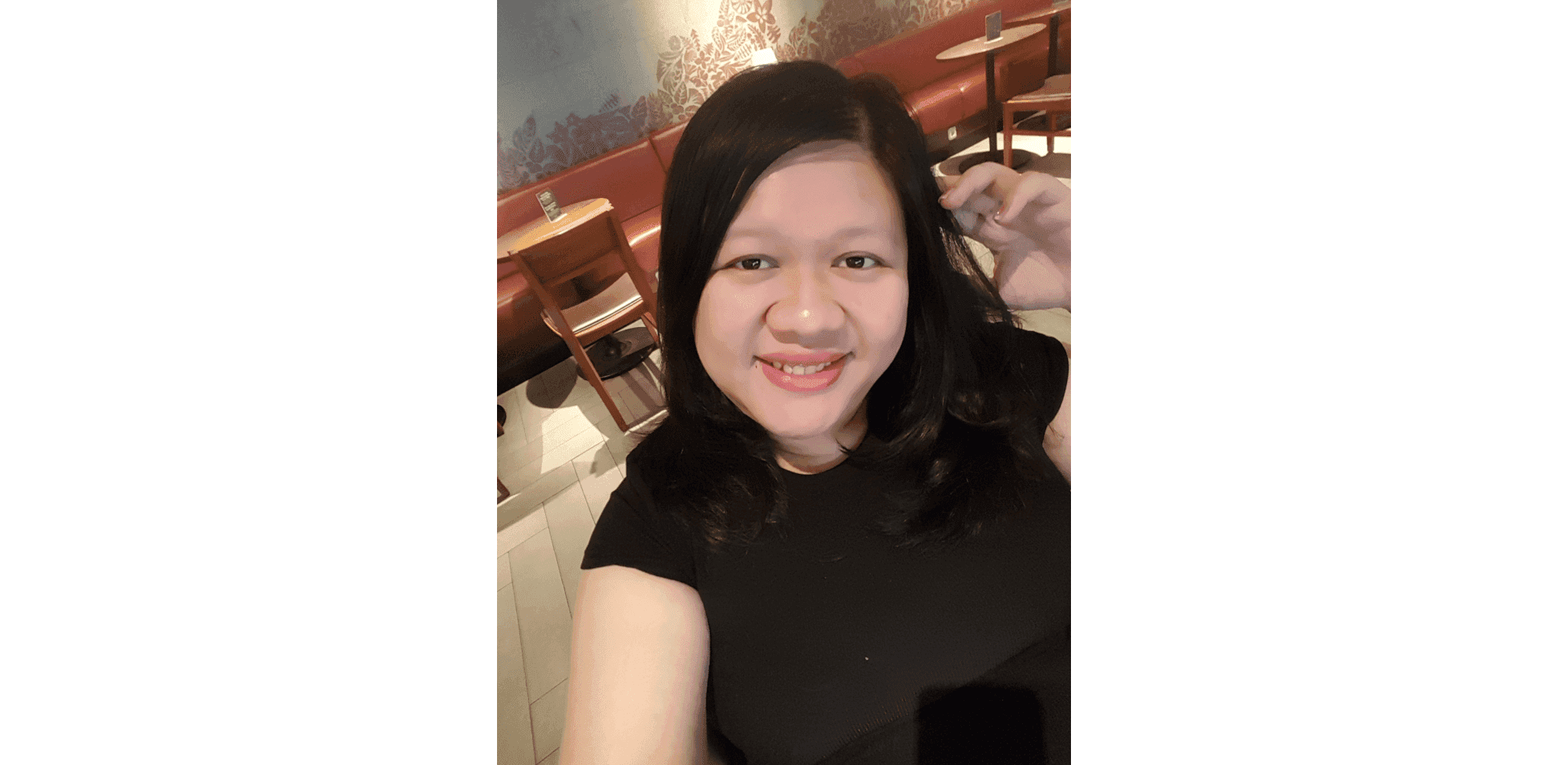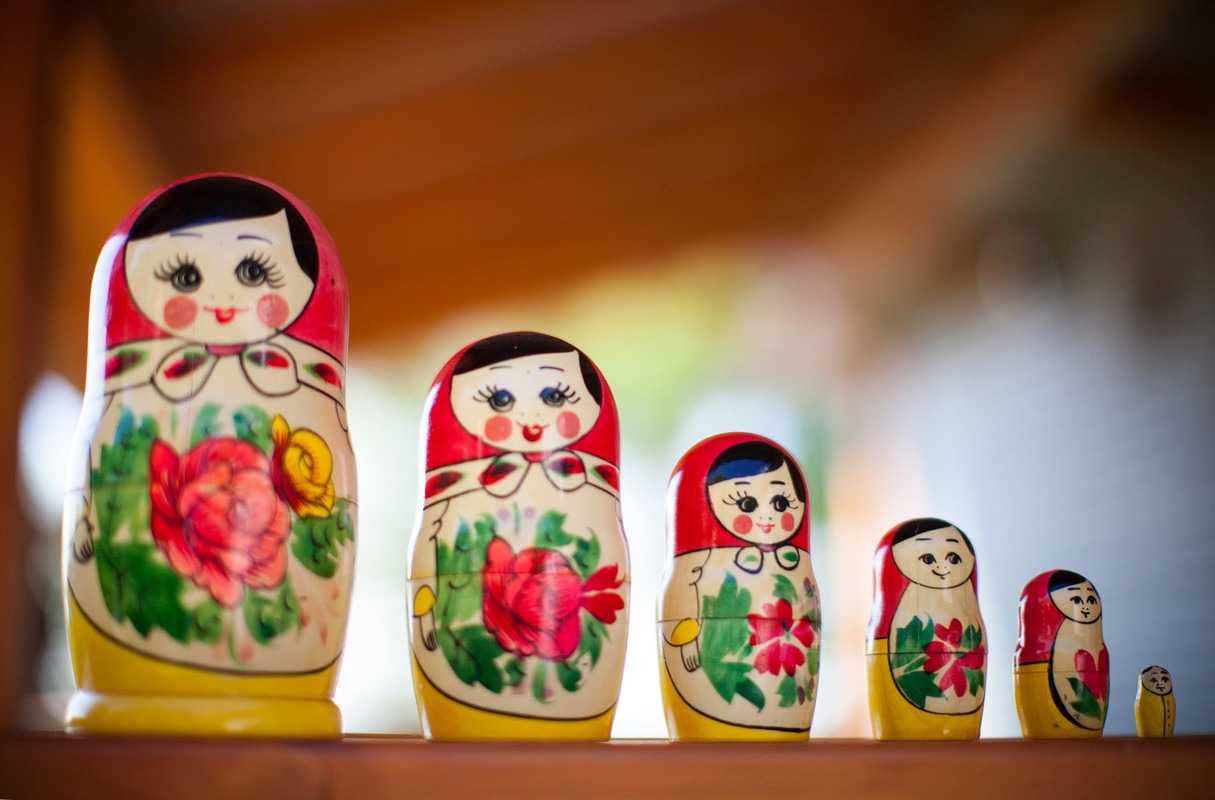How I Learned to Love My Expat Identity
“Sometimes I wish I had an easy answer, a concept of identity that fits neatly into a box.” For InterNations team member Crissy, the question of about her expat identity has accompanied her for a long time. We asked her about her journey and how she feels about her identity now.
How long have you lived abroad? And are you planning to stay? Tell us about it!
I’ve lived abroad at different stages of my life — it’s been part of my story for a long time. In a nutshell: I lived in Germany for 6 years as a child from age 8 to 14. As an adult, starting at age 24, I lived in Switzerland for 8 years, and again in Germany for 8 years in total. Essentially, I’ve spent over half my life living outside of the country I consider my original home, which is the United States, where I was born. It actually feels a little strange to think about it like that!

In my case, it’s also a little more complicated, because my parents are both 100% Greek. They themselves immigrated to the US in the early 1970s in search of new opportunities — they still have the Greek accent. So, when I go back “home” to visit the Boston area, I consider myself part of the Greek-American community. Greek and American cultures co-exist for me there.
I have no plans to move anywhere else in the foreseeable future. I have two kids who are 11 and 8 years old. I feel very deeply rooted where I am now, and moving to a completely new school system would affect them more now than if they were younger.
And yet, even after all this time, and although I really like where I live right now, I still miss my original home and especially my family there. Sometimes, I can’t help wondering what life would have been like if my husband and I had settled there instead of starting our careers in Europe. I guess many people have untaken paths that they occasionally think about.
Do you feel more strongly connected to your home country or to your host country? Or do you feel more international?
Living in Germany does not feel like I am living in a “foreign” country. I have such a long history here, and I feel a certain sense of belonging. I lived here as a child (although I never went to a German school, I just did two semesters at German university where I met my husband). My husband and I have been married 17 years. And our kids have lived in Munich since a very young age. Basically, right now I feel completely integrated and comfortable here.
At the same time, I still have a very strong connection to my home country, the United States. I feel nostalgic about things that many other Americans living abroad miss, like certain foods or cultural aspects. I must say I also have been lucky enough to travel home to the US very consistently since I’ve lived abroad. Except during the pandemic, which was incredibly difficult for me (and for my kids).
In addition to feeling very much American and enjoying that aspect of my identity, I am proud to be Greek as well. I love any opportunity to connect back to that part of my life. Some of the best memories I have are of the times I visited the village my parents are from in Greece. We used to go often during my late childhood and teen years, especially when my grandparents were still alive. My relatives always made my siblings and I feel we were one of them — that we belonged there as much as they did — even if we did speak Greek with an American accent!

I think the reason I struggle with the question of identity is because it has so many layers. Sometimes I wish I had an easy answer, a concept of identity that fits neatly into a box. Which is why it feels almost like a relief whenever I am able to identify myself as “international”. Then I can honor all the different parts of myself and my story equally.
When you first moved abroad, how did you define yourself and how do you see yourself now? What has changed compared to when you first moved abroad?
I have been aware that my identity is “complicated” for a long time, and I guess that awareness has just grown stronger over time. When I lived in the French-speaking part of Switzerland, it was harder for me because I speak only basic French, and in Germany I am used to being able to fully communicate. But I guess I have been in situations where I needed to figure out how a culture works and try to fit into it many times before.
Now, after being abroad for so long, and especially being a parent of two kids, I usually feel more “international” than anything else. Although when we visit either the US or Greece, I easily slip back into those identities without thinking, and doing that feels very normal to me. During a typical week living in Munich though, I think I pick and choose what aspects of culture and identity to emphasize with my kids — a little bit of American, Greek, and German — sometimes I feel like we live on our own island, with its own mix of cultural elements.

In general, what does your identity mean to you?
Identity is something that I’ve always been fascinated by, and certainly even struggled with at times. It’s a strange feeling to shift into different identities depending on the situation, if you stop to think about it. Having a place you think of as “home” that you haven’t lived in for over a decade is also strange. The concept of home is both something that anchors me and makes me feel adrift at the same time. It kind of depends on the day.
As I’ve gotten older, my thoughts about identity have evolved, of course. It’s interesting to now see my son starting to struggle with it too, and ask his own questions about it. I’m now at a point where I can embrace my identity as part of my story. I know that at times it is something that brings me closer to others, and sometimes — when I’m in that bubble — it is just something unique to my own experiences. I guess, I am more ok with the complexity of it now.
Advertisement
About Crissy Mueller
Crissy is the Senior Marketing & Product Copywriter at InterNations. Born in Boston, Massachusetts, she is Greek-American and has lived abroad for over 15 years (not including childhood). She now lives near Munich, Germany with her husband and two kids. A few things she likes are books, summer vacations, and cooking meals that take 30 minutes or less.
Article topics
Related articles
A Day in the Life of an Expat in Munich
Munich is often ranked as one of the most liveable cities in the world — but what’s an actual day there like? Take a peek into the life of an American living abroad in Bavaria’s capital city! From the cost of groceries to public transportation, it’s the little things that this expat appreciates!
Things I Have Learned from Moving Abroad
With Italy being her starting point, InterNations member Noemi tells us about some of the things she has learned and introduced to her lifestyle after living in England, France, and Germany as an expat.
A Wonderful Journey of Living as an Expat
Ica’s move abroad was full of excitement but still, it took her a while to make friends. After spending a lot of time with her co-workers, she decided to branch out. Read about her experience of making new friends abroad and how this has helped her to settle in.
Where Do I Come From, And Does It Really Matter?
How the way our country of origin is perceived in the country we live in is influencing our behavior and social integration.
Dealing with Change: An Expat’s Way of Life
Change has been a constant in Isabel’s life, both as a refugee from Cuba and an expat. But with the excitement of every move also came the uncertainty and the need to get used to a new situation. In this article, she tells us how she managed to readjust to the many changes of her expat life.




